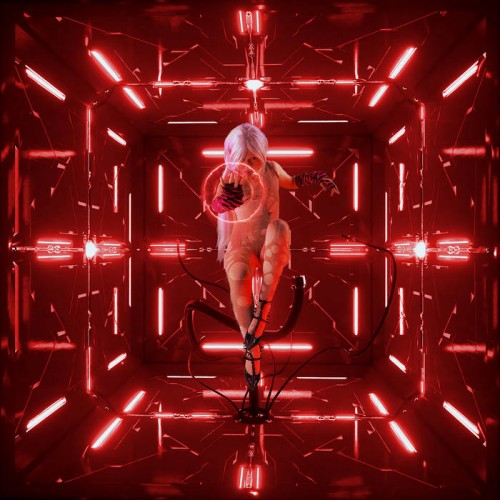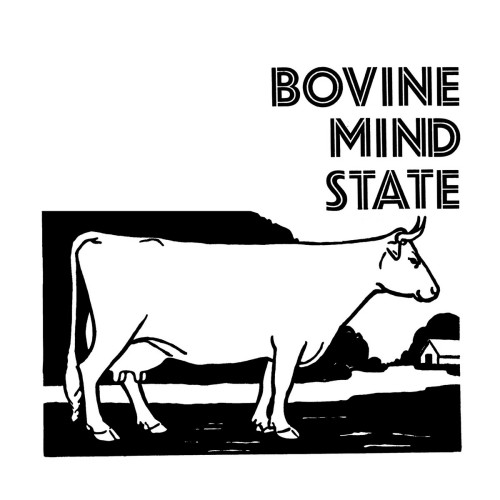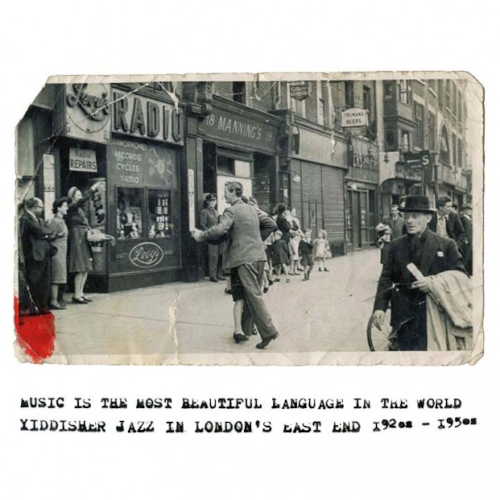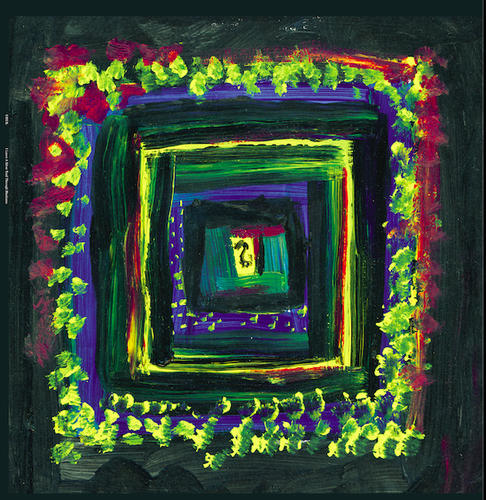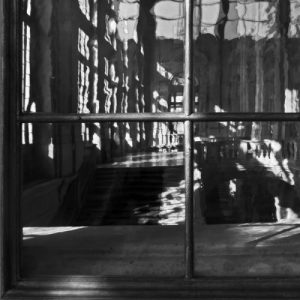 The harpsichord is one of the most evocative instruments; its sound immediately transporting you back four or five hundred years to the time of royal courts and bewigged composers. On Voluta, Francesco Maria Narcisi takes fragments of the instrument being played and introduces them to a modern setting that puts it right onto the back foot.
The harpsichord is one of the most evocative instruments; its sound immediately transporting you back four or five hundred years to the time of royal courts and bewigged composers. On Voluta, Francesco Maria Narcisi takes fragments of the instrument being played and introduces them to a modern setting that puts it right onto the back foot.
His tinkering with the recording on opener “The Hidden Edge” gives the instrument a drunken, weathered stumble, scorched and fried. A drone settles behind, as if marching the unsuspecting harpsichord off to places unknown. The tone turns sombre and you feel the harpsichord rebel, as if it knows all is lost. The clashing notes on “Blank Mass Tower’/Floating Out”, echoing and pregnant but simple; cloaked in effects, a voice appears and vanishes again. Everything shimmers in a dust haze, hesitant and settled like an abandoned monastery.
Not all of the album is harpsichord-based, but it does all have a wooozy, drifting sensation. The violin-led “Seeing Beyond” has sustained notes that echo like they are emanating from a dungeon, giving a restless energy that carries on into the crackling-fire tension of “Who Am I”. The appearance of ghostly voices, a choral dream, heralds an upswing in emotion and it is beautiful but mournful. There are tiny hints of Dead Can Dance in places, with that same desire to merge genres and eras with a seeming ease. It is the use of effects on the harpsichord that stand this album out from anything else.https://www.youtube.com/watch?v=akIkH604vNY
Narcisi also samples harp and “Segismundo” is full of the wail of strange machinery. Something like a bandsaw dominates with a huge amount of echo; it is lithe and purposeful, and at one point throws off the shackles and sweeps off in a glory of repetition. In “Dawn Of Icarus”, the harpsichord seems to trip over itself, as if the player’s fingers are frozen on an old and well-loved phrase. The religious vocal wall in the background has a significance that a repeated high note tries to get under the skin. Jets take off and all around are sounds that shouldn’t work together, but somehow in the amorphous whole, it is just what is required.There is a feeling of salvation on penultimate track “Nothing Is Fated”; it is melancholic and the voices are distant but welcoming, as is the gentle pressure of fingers on strings and by the final track, “Hope”. Here, the voices are filled with just that; a positive, encompassing energy with loops the perfect length and a mosaic-like structure that has a subtle progress. Voluta is an intriguing and unique release, the perfect melding of ancient and modern, dreamlike yet aware and filled with surprises. Well recommended.
-Mr Olivetti-
